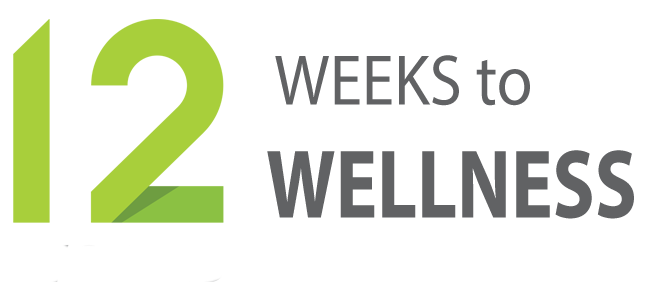We often talk about physical health, mental health, even financial health—but what about social health?
Social health refers to the quality of our relationships and our sense of belonging in the world. It’s a vital part of our well-being, yet it’s often overlooked—especially in the workplace. But here’s the truth: we are wired for connection. And without it, we suffer.
Loneliness Is More Common Than You Think
Since the COVID-19 pandemic, rates of loneliness have risen sharply across all age groups and work environments.
In 2023, a report by the U.S. Surgeon General declared loneliness a public health crisis, linking it to increased risks of heart disease, stroke, dementia, and depression. And in 2024, 1 in 5 U.S. adults said they felt lonely every day—the highest rate in two years.
Remote work has compounded the problem:
- Fully remote workers report loneliness at 25%, compared to 16% of on-site workers.
- Hybrid workers fall in between at 21%.
- Remote workers experience loneliness 98% more often than office workers—and 179% more than hybrid workers.
But here’s the silver lining: social connection can be built—and when it is, everyone benefits.
Teams with high social trust report:
- 74% less stress
- 50% higher productivity
- 29% more satisfaction at work
(Source: Harvard Business Review)
What Does Social Health Look Like?
Strong social health doesn’t mean being social all the time. It means:
- Feeling seen and supported
- Having at least one trusted relationship
- Knowing your contributions matter
- Feeling like part of something bigger than yourself
In the workplace, social health might show up as:
- A team that laughs together
- A leader who checks in beyond deadlines
- A culture where people feel safe saying, “I need help”
- Opportunities to connect beyond work tasks—virtually or in person
How Employers Can Foster Social Health
Create connection points – Start meetings with personal check-ins. Use Slack or Teams channels like Pet Pics, Gratitude Wall, or Coffee Chat Corner.
Model vulnerability and support – When leaders show up as humans (not just titles), teams feel safer doing the same.
Mix up work environments – Encourage team coworking days or limit remote work to 2–3 days a week. Studies show this hybrid rhythm offers the best social-health balance.
Gamify connection – Use fun, goal-oriented challenges to spark engagement and bring people together through shared experiences.
For People Leaders: Simple Ways to Lead with Connection
- Ask one meaningful question in every 1:1
- Recognize small wins publicly and often
- Normalize saying “I don’t know” or “I need help”
Small moments like these build psychological safety—and that’s the foundation of a socially healthy team.
Try This: Social Health Self-Check
Encourage your employees (and yourself!) to reflect:
- Do I have at least one person I can be real with?
- When was the last time I felt truly connected to someone?
- What small step can I take this week to strengthen a relationship?
Let’s Make Connection a Habit (Not a One-Off)
Try a Gamified Team Challenge
Boost connection with light-hearted, trackable activities like:
- Connection Bingo (e.g., “Ask someone what they’re watching right now” or “Give a teammate a compliment”)
- Lunch Roulette (random pairings for virtual or in-person lunch dates)
- Gratitude Scavenger Hunt (find and acknowledge small kindnesses)
- Wellness Trivia Showdown (with bonus points for team collaboration)
Social Challenge Testimonial:
“This challenge has become more than just a goal—it’s a bridge. A bridge to new friendships, deeper connections, and a stronger sense of community. It’s inspiring to see colleagues stepping out of their routines, reaching across teams, and choosing connection over isolation. Together, we’re proving that even small steps can lead to big changes in how we support, uplift, and truly see one another.”
— [Jacqueline Courchene, First Nations Financial Management Board]
Connection isn’t a bonus—it’s a baseline.
Let’s help your team thrive with deeper relationships, practical tools, and a little fun along the way.
Ask us about our Social Health and Team Connection Challenges—tailored for hybrid and remote workplaces.
Author: Emma Carpenter
President and Workplace Wellness Strategist, BSC, Health Promotion
Emma has over 20 years of experience in the area of leadership and workplace health promotion and has worked with many private sector and public organizations in Canada and Europe helping them build a health promoting culture and design custom wellness solutions. Emma is passionate about designing workplace wellness solutions that help people reach their full potential by empowering them and giving them confidence and tools to make lasting lifestyle changes.

